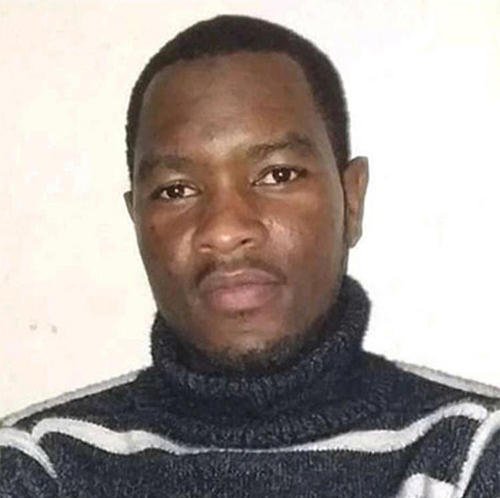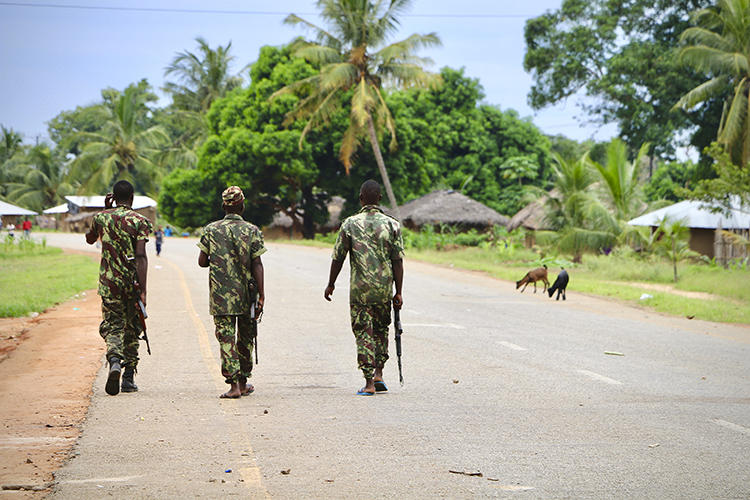New York, April 17, 2020 — Authorities in Mozambique must conduct a swift and transparent investigation into the whereabouts of journalist Ibraimo Abú Mbaruco and hold those responsible for his disappearance to account, the Committee to Protect Journalists said today.
On April 7, Mbaruco, a reporter and news presenter for the Palma Community Radio broadcaster in the northern Cabo Delgado province, left work at about 6 p.m. and soon thereafter sent a text message to a colleague saying he was “surrounded by soldiers,” according to a statement by the Mozambican chapter of the Media Institute of Southern Africa (MISA), a regional press freedom group, and local news reports.
He has not been seen since, and has not replied to calls or text messages from his colleagues, according to the MISA statement.
“Mozambican authorities must be thorough and transparent in their investigation into Ibraimo Abú Mbaruco’s whereabouts and ensure accountability, given that Cabo Delgado has become a no-go area for the press and human rights defenders,” said Angela Quintal, CPJ’s Africa program coordinator. “It is unacceptable that 10 days after he disappeared, his family and colleagues remain in the dark about his whereabouts.”
Fernando Gonçalves, president of MISA’s Mozambique chapter, told CPJ in a phone interview that a police officer, who spoke to his organization on the condition of anonymity, said that soldiers took Mbaruco to Mueda, a city about 300 kilometers away, for interrogation. CPJ was not able to independently verify this information.
Gonçalves added that the military had no authority to detain civilians, and that Mozambican laws did not allow for arrests without a warrant.

The journalist’s brother, Juma Abú Mbaruco, told CPJ via messaging app today that the family had yet to receive any information about Ibraimo’s whereabouts, and did not know if he was still alive. He said he had reported the disappearance to local police and the provincial prosecutor’s office.
Mbaruco also worked as a human rights advocate and was part of the Sekelekani network, a local civil society organization that trains people to become citizen journalists, according to a report by the local news website Zitamar News.
Another Sekelekani contributor in Palma, Roberto Abdala, has not been seen since March, according to that report.
Anti-government attacks by insurgent groups have increased in Cabo Delgado province in recent weeks, according to news reports. The Mozambican military has been accused of human rights abuses in its fight against the insurgency, which the government denies, according to reports. Police have recently enforced a curfew in Pemba and Palma, forcing people to stay in their homes, according to Zitamar News.
On April 14, soldiers in Pemba, the capital of Cabo Delgado, detained Izidine Acha, a reporter for local television broadcaster STV, for about two hours and forced him to delete footage he had taken of the police and military operations, the journalist told CPJ via messaging app.
CPJ sent text messages to police spokesperson Agusto Guto and Cabo Delgado Governor Valige Tawabo for comment, but did not receive any responses.
Last year, soldiers in Cabo Delgado arrested journalist Amade Abubacar and later arrested his colleague Germano Adriano, and held them in pre-trial detention for three months; they continue to face prosecution, according to CPJ research.
The military also previously arrested investigative journalist Estacio Valoi and Pinde Dube, the Zimbabwean correspondent for the South African private broadcaster eNCA, while they were covering the insurgency in the province, according to CPJ research.
